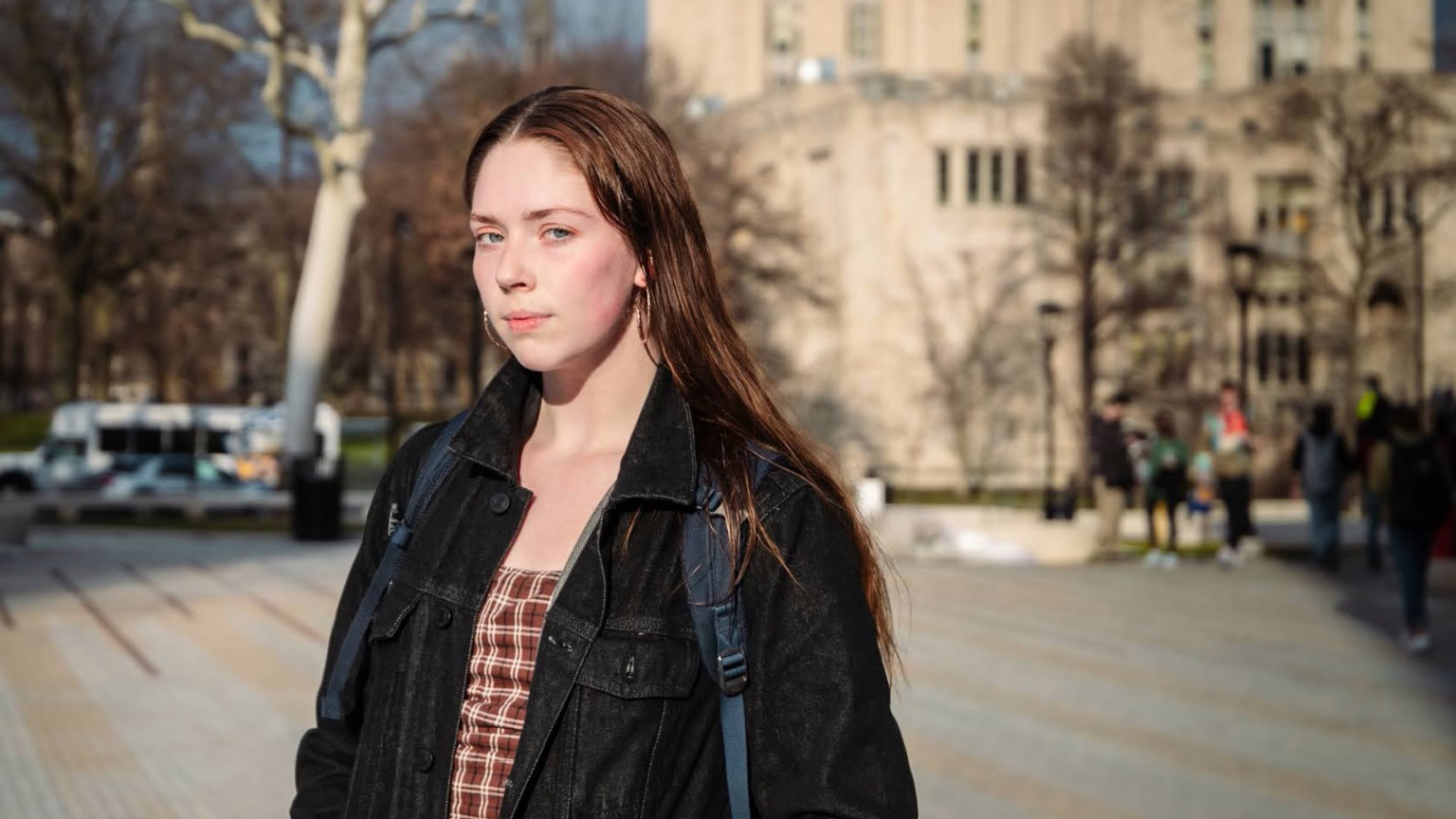Pitt police, clinicians jointly respond to some mental health crises
Pitt Police should prioritize the knowledge of the HEART clinicians when responding to a crisis and learn from them, said Eva Steele, a third-year student. (Photo by Lucas Zheng/PublicSource) Students see progress, but implementation is key. by Emma Folts, Public Source For college students in the midst of a mental health crisis, interacting with campus … Continued The post Pitt police, clinicians jointly respond to some mental health crises appeared first on New Pittsburgh Courier.


Pitt Police should prioritize the knowledge of the HEART clinicians when responding to a crisis and learn from them, said Eva Steele, a third-year student. (Photo by Lucas Zheng/PublicSource)
Students see progress, but implementation is key.
by Emma Folts, Public Source
For college students in the midst of a mental health crisis, interacting with campus police can make the experience even more terrifying. Getting to the hospital might be exactly what they need — but getting there in the back of a police car may be upsetting.
That’s why the University of Pittsburgh has shifted who responds to calls for welfare checks on students in crisis. Under a new partnership, announced in January and underway, campus police and mental health professionals will jointly respond to some of those calls to reduce hospitalizations and “ensure that the least restrictive and most clinically appropriate intervention is applied.”
The program, called the Pittsburgh Higher Education Assessment and Response Team [HEART], seeks to de-escalate crises, limit repeat encounters with police and prevent trauma, particularly among students of color. But for now, clinicians are responding with police only to on-campus welfare checks between Wednesdays and Sundays from 3 to 11 p.m.
Mental health advocates, including some Pitt students, said they think the program and others like it could comfort students and provide a better response, but incorporating student feedback and empowering the responding clinicians is essential to an effective implementation.
“Having someone there who is trained to know how to respond to mental health crises can really help de-escalate the situation, make the person more comfortable and connect them to the care and the support that they need,” said Amy Gatto, senior manager of higher education and evaluation at Active Minds, a national nonprofit supporting mental health education and awareness.
Despite requests from PublicSource, Pitt declined to make anyone available to speak about the program, opting to email statements in response to questions; the university also would not disclose any numbers about welfare checks and how often its police respond to mental health crises.
Students, though, have talked about the need for a different response for years, according to Kamakashi Sharma, a senior and president of the university’s Active Minds chapter. The arrival of police can be “a little terrifying” for students in crisis, who may want to be alone or receive support, she said.
The program adds to existing support options available to students in distress. Students may contact the university’s counseling center 24/7 if they’re in crisis, but for all emergencies “where danger is imminent,” they are encouraged to contact 911 or campus police, according to a Pitt statement.
Read entire article here
The post Pitt police, clinicians jointly respond to some mental health crises appeared first on New Pittsburgh Courier.







